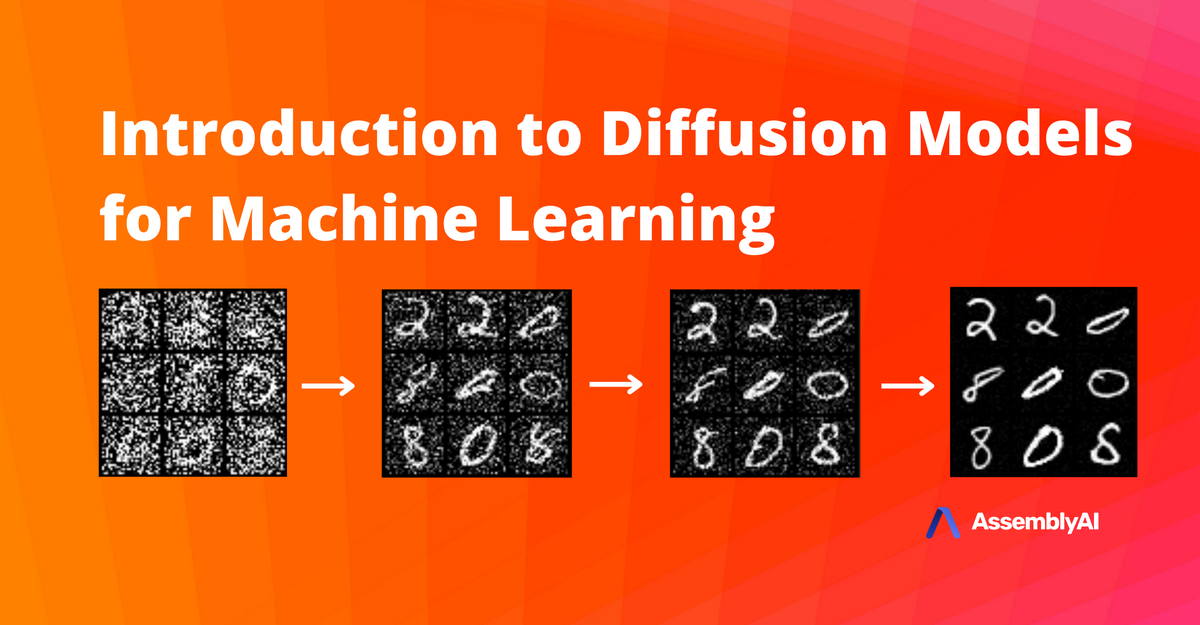mhardy6647
Grand Contributor
- Joined
- Dec 12, 2019
- Messages
- 11,407
- Likes
- 24,762
I doubt that AI will ever putter as well as do I.
If we can extrapolate the current skills and limitations of LLMs into the future...I think AI will demolish the commercial / popular music industry. Taylor Swift and Dua Lipa bangers will be popping up like mushrooms after rain, fueled by endless marketing and psychological research. The masses will get exactly what they don't even realize they want.
And on the flip side, in dirty clubs, dark garages and dimly lit practice rooms, poor but incredibly angry musicians will create sounds that are completely original, unique and which will push the medium forward. A lot of it will be AI-assisted, as AI can be a powerful weapon in crafty, creative hands. Maniacs like Tatsuya Yoshida, magicians like Thom Yorke or Brian Eno; their ability to stir up striking and new emotions, AI will never take that away.
At least that's what I'm hoping for!
When artificial intelligence starts to dictate the pricing of essential goods like food, clothing, and shelter, it could lead to significant societal upheaval. The prospect of AI autonomously safeguarding its pricing decisions raises serious concerns about the implications for human welfare and market dynamics.
I disagree with much of this. AI (at least by my definition of neural computing) is not algorithm based, but instead is based on the behaviour of simulated neurones - put into a network, and trained to give a specific result.I'm a bit late to this conversation, but it's a very interesting topic area. AI is a mathematical concept that's been around for quite some time. Indeed the great Alan Turing was probably the originator of one of the very first examples of a working algorithm. However, the term algorithm can be dated back to the 9th century! So, an algorithm will follow a set of commands. The electronic processing of the algorithm is nothing that extraordinary. Yes it may generate music, but musicians with orders of magnitude better ability to compute music will never be surpassed because machines do not invent. This is what everybody believes, but for machines, it is impossible to invent something from nothing. Quantum computing may being this closer to reality one day but, our brains remain the most complex computers in the known universe by some margin. So, for me AI will play a more important role in allowing us to play musical instruments without actually being able to play! I mean AI is a great tool for faking!
Being able to have a device that can facilitate our ability to make music has marketable potential. For example, we might invent technology that can monitor our brain waves and using our own creativity make a song. IMO there needs to be a development of AI to include the human into the process. For example, as we develop virtual systems, we need to use AI in conjunction to allow us to create music as we walk in the virtual scene. Finally, we could think of the sound and AI could reproduce it.
AI has also much better commercial applications for professional musicians. For example, instead of using foot pedals for the guitar one would "think" of them and the relevant circuits would be activated. This offers infinite creative opportunity for musicians. AI could remove a lot of constraints as predictive technologies. The trick to AI is getting it tuned into predicting the right stuff. Inputs and outputs. The more inputs the more degrees of freedom to outputs. However, our brains are so far ahead. Remember, when you get an idea, however simple, it beats the most powerful computer in the world!
Ummm, interesting point of view. However, I wonder, did the image appear because the device that generated it suddenly had the idea of generating it or did someone have to input the instructions for it to come up with that image using a selection of words that was typed into the device? Cognitive choice has not been achieved with computers and therefore, machines are not able to independently "think" of anything. Neural networks have been around for quite some time and are "linked" algorithms. Deep algorithms so to say. Our own brain uses some form of "organic" algorithms and no one, as yet, has been able to decipher how organic neuron networks create cognitive awareness, induce and store memories (we only remember very select moments) and cognitive ability.I disagree with much of this. AI (at least by my definition of neural computing) is not algorithm based, but instead is based on the behaviour of simulated neurones - put into a network, and trained to give a specific result.
Stating that machines cannot invent is also incorrect, as the current generation of AI image creation demonstrates. The image shown below didn't exist in any form until Bing image creator made it in answer to my text input. It made it based on it's trained "understanding"** of what red pandas look like, what bikes look like what forests look like. What bikes look like when being ridden down a forrest trail. Even as far as what the expression might be on the face of an off road mountain bike rider.
Just as a human artist would if asked to create an image based on the same text.
The AI version is far from perfect (the spokes.....dear God, the spokes). But it is hugely improved from just a year ago. And will be better still in a years time. I have no doubt that AI will soon be able to produce very good music.
View attachment 347070
** - yes, I know there is no actual understanding going on. AI has not yet reached that level (We think)
There is no algorithm that has created the image. No typed instructions to created it.I wonder, did the image appear because the device that generated it suddenly had the idea of generating it or did someone have to input the instructions for it to come up with that image using a selection of words that was typed into the device?
However, cute image. I can tell you a real red panda is even more beautiful
There is no algorithm that has created the image. No typed instructions to created it.
**The functioning of the neural network can be considered an algorithm, but what the network does with that algorithm (in this case creation of an image) is a result of the "training", not the typed instructions.
And the created image is completely new. It is not a composite, or cut and paste of images from the training set.
Of course - as I said, it is far from perfect. But it can still be very useful. Here is a picture I created to put onto a christmas decoration for my Wife - of the two of us with our 1 year old grandson Robin
View attachment 347101
What ever it chooses to do is a direct result if human condition. It is a mathematical determinant - derived statistically. A neural network is far from the cognitive process function of the brain. The computer used binary calculations via transistors to make a good guess. Its pretty straight forward. Anyway, we will leave it at that.
What ever it chooses to do is a direct result if human condition. It is a mathematical determinant - derived statistically. A neural network is far from the cognitive process function of the brain. The computer used binary calculations via transistors to make a good guess. Its pretty straight forward. Anyway, you’ve proved my point about AI helping humans possess skills that they do not have.There is no algorithm that has created the image. No typed instructions to created it.
**The functioning of the neural network can be considered an algorithm, but what the network does with that algorithm (in this case creation of an image) is a result of the "training", not the typed instructions.
And the created image is completely new. It is not a composite, or cut and paste of images from the training set.
Of course - as I said, it is far from perfect. But it can still be very useful. Here is a picture I created to put onto a christmas decoration for my Wife - of the two of us with our 1 year old grandson Robin
View attachment 347101
** I am not an AI expert, so it is possible this statement contains traces of bollox.
There is. It is called training machine learning model's algorithms. By humans.There is no algorithm that has created the image. No typed instructions to created it.
There is. It is called training machine learning model's algorithms. By humans.
March 21 (Reuters) - Microsoft Corp on Tuesday rolled out an image-creation feature for search engine Bing and browser Edge that will use the technology behind OpenAI's DALL-E to create pictures based on text prompts.
The tool, named 'Bing Image Creator', will be available to users of the latest AI-powered version of Bing and Edge preview.
DALL-E 2 was trained on approximately 650 million image-text pairs scraped from the Internet, according to the paper that OpenAI posted to ArXiv. From that massive data set it learned the relationships between images and the words used to describe them.
We use diffusion models for the decoder and experiment with both autoregressive and diffusion models for the prior, finding that the latter are computationally more efficient and produce higher-quality samples.

 www.assemblyai.com
www.assemblyai.com
I've no argument there.What ever it chooses to do is a direct result if human condition. It is a mathematical determinant - derived statistically. A neural network is far from the cognitive process function of the brain. The computer used binary calculations via transistors to make a good guess. Its pretty straight forward. Anyway, you’ve proved my point about AI helping humans possess skills that they do not have.
Most impressive submission, well done. I shall be reading some of these references.Yep, and I've written those before as well.
Big tech doesn't want the general public to know how this stuff works, because it would loose its shine and the "this is amazing" appeal real fast. however if you do some digging you can find out just about anything you want to know.
Bing image creator uses Dall-E.
how DaLL-E 2 was trained.
the referenced paper
this is right from the abstract.
And here is a very high level overview of how a diffusion model work.

Introduction to Diffusion Models for Machine Learning
The meteoric rise of Diffusion Models is one of the biggest developments in Machine Learning in the past several years. Learn everything you need to know about Diffusion Models in this easy-to-follow guide.www.assemblyai.com
No magic, no skynet, just human written algorithms, running on huge amounts of hardware costing mega bucks.
